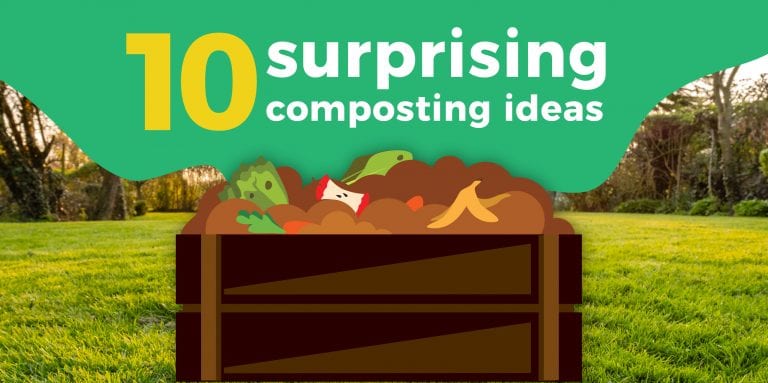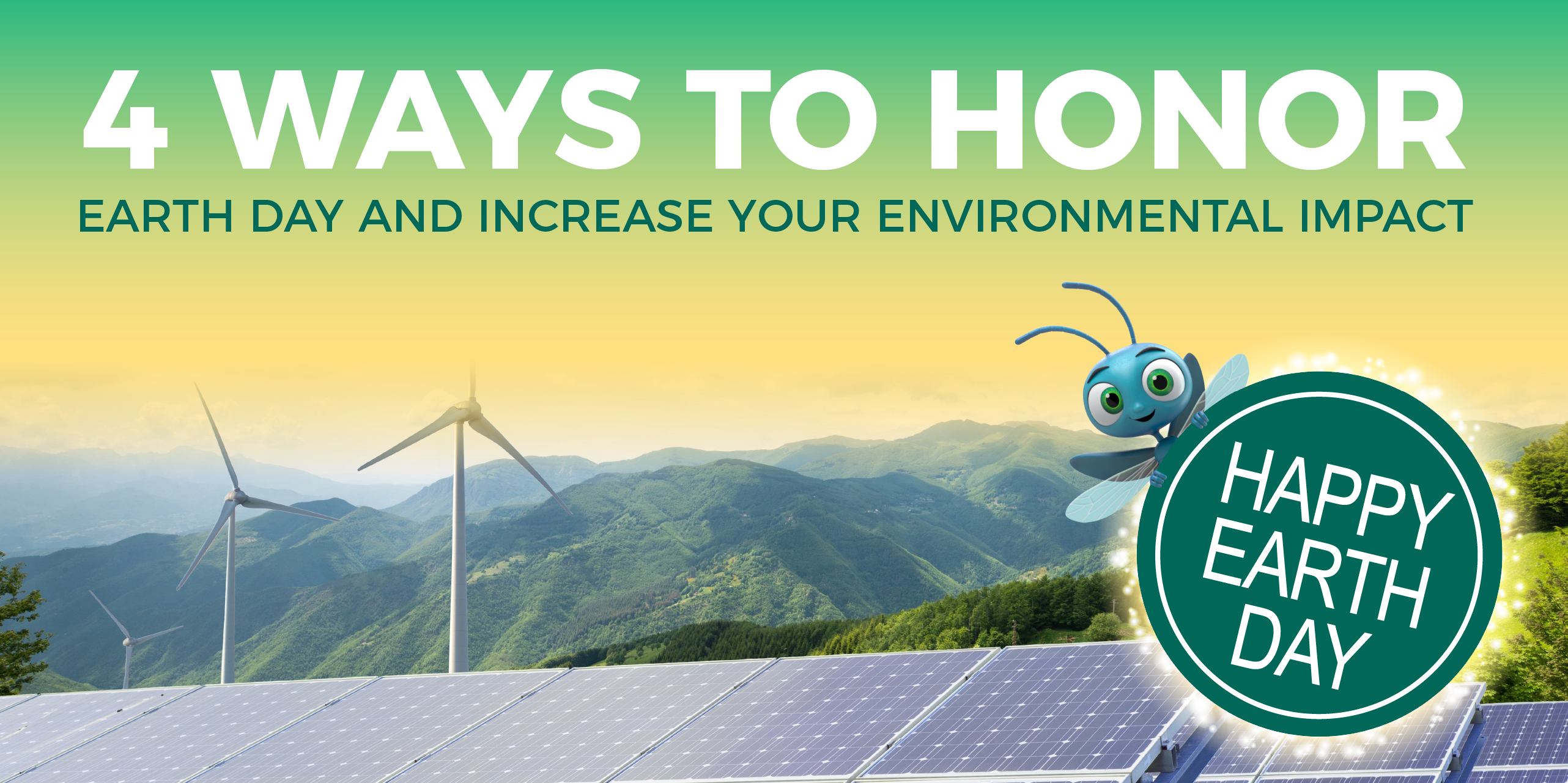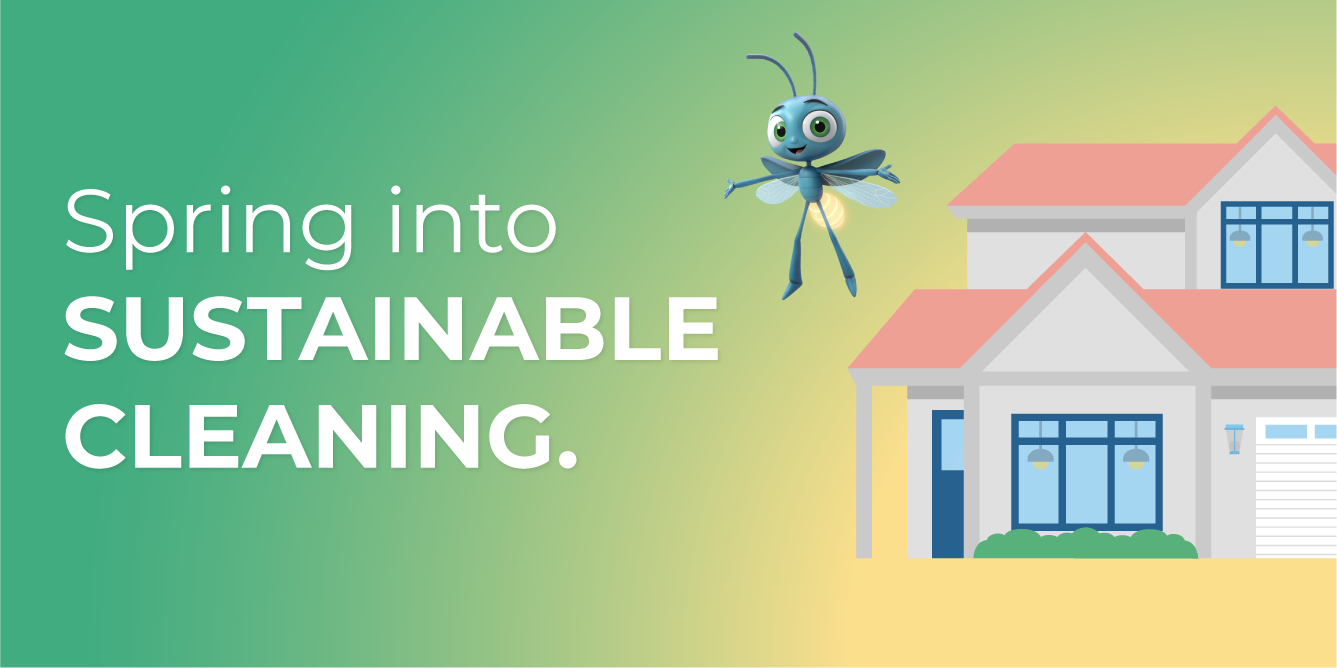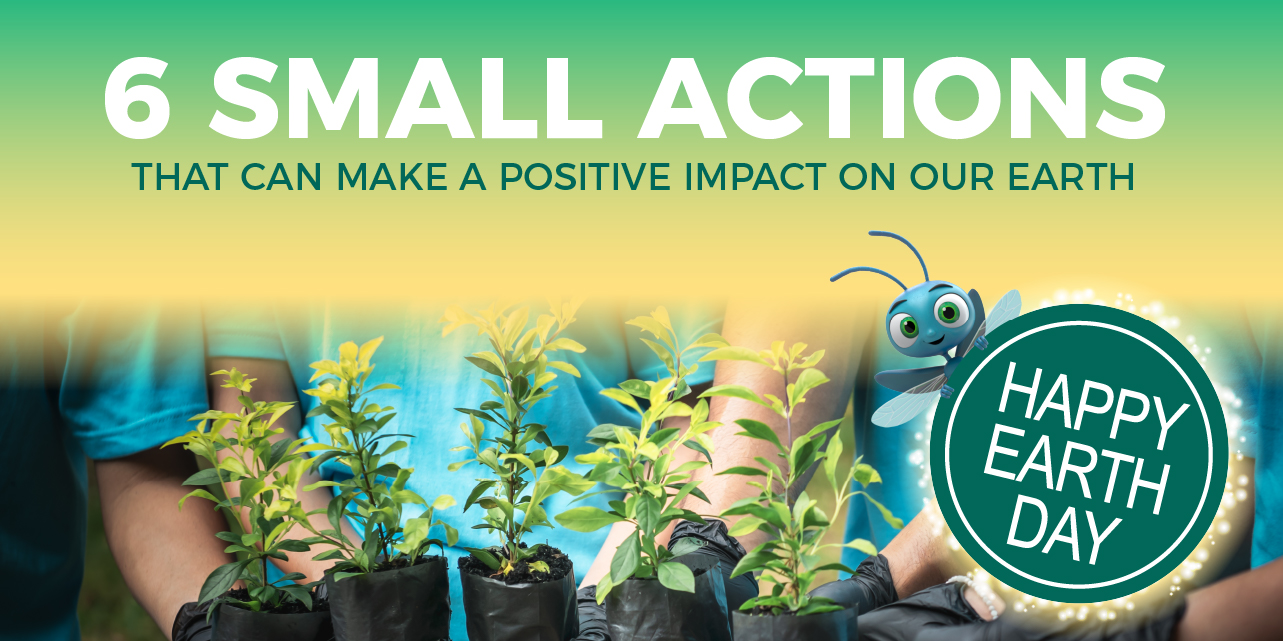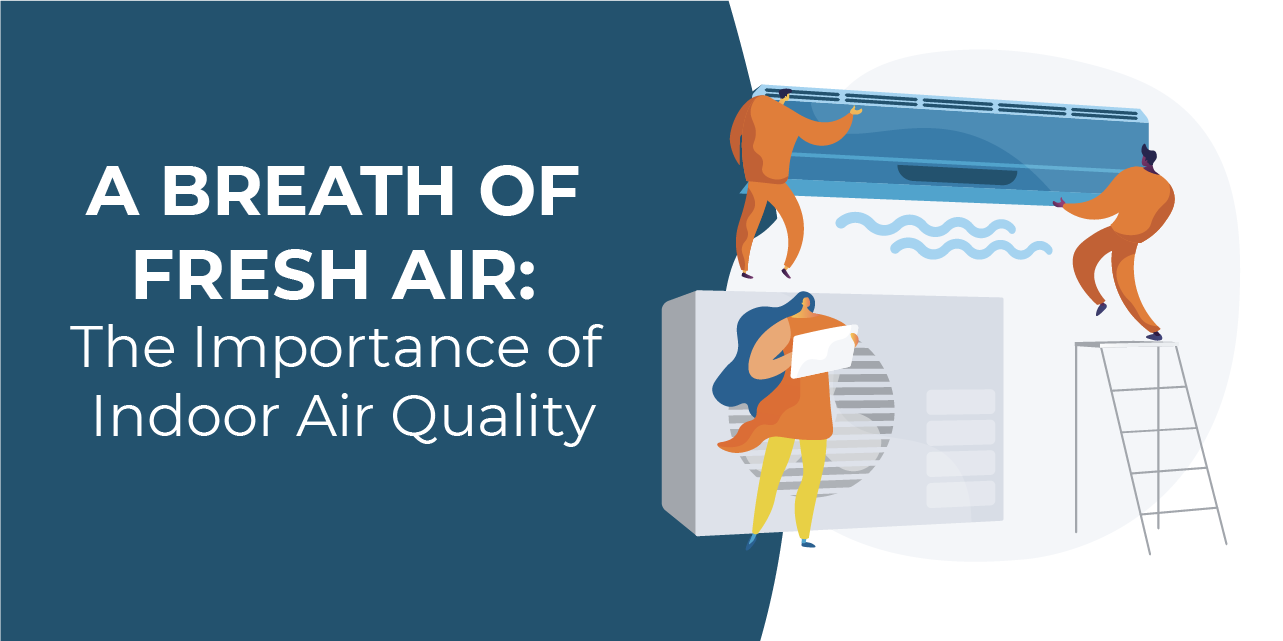Warm-weather season is upon us, and it’s the perfect time to get outdoors and work in those gardens. Adding a home-made compost mixture will not only help your garden come alive but avoid landfill use, too. If you’re looking for tips on getting started, read our How to Start Composting for Beginners blog. However, if you’ve already been in the composting game for a minute, read on for 10 interesting composting resources you probably never thought you could use.

- Fabric
That’s right, natural fabrics like wool, silk and cotton all make the perfect additions to your composting heap. If you’re a lover of DIY projects and always seem to have leftover scraps from sewing, knitting or other crafts, this might be the perfect way to dispose of them. Remember to only add a few items from this category at a time, and mix it with kitchen peelings.

- Hair
Ever thought about adding your hair or your pet’s hair to your compost mixture? Well, you can. And, it’s not as uncommon as you might think. Some hair stylists are even known to share bags of hair gathered from a day’s worth of appointments with gardeners. Hair and pet fur alike can be added to your compost bin. But the hair must be free of chemicals, and the animal’s hair must be free of flea medication.

- Tissue Paper
Tossing tissue paper into your home compost bin is a great addition. It can serve as the barrier needed to absorb extra moisture from food waste and bioplastics. Go for white paper that is free of foil, glitter or any sort of shimmer. Can you compost paper towels you ask? Yes, they too, will decompose in a compost pile.

- Price Tags
Your last shopping spree might have you torn between excitement and feeling wasteful. Well, there’s a happy medium. The next time you rip off those tags from your new clothes, add them to the compost bin — that’s only if they’re made of paper, paperboard or cardstock.

- Wooden Utensils
One-time use toothpicks, popsicle sticks and barbecue skewers are all compostable. Just throw them in your compost bin and wait patiently for them to decompose (about 90 days). You’ll soon enjoy a great compost addition to fertilize and grow your plants.

- Paper Plates
Paper plates make weeknights easier. It’s one less dish to wash and gets the job done. Now you don’t have to feel guilty about them because you can compost them. To ensure they decompose as quickly as possible, place them in the shredder. Paper plates are also great for soaking up extra moisture.

- Junk Mail
This is one you can feel good about getting rid of — the dreaded junk mail. You can just shred it into pieces and watch as they turn into black gold. If you opt for composting your junk mail over recycling it, it must be free of any type of plastic or glossy paper.

- Nut Shells
Composting piles are normally composed of items that break down into either nitrogen or carbon. Nut shells fall on the carbon side. But a handful just won’t do. It’s recommended that you save enough to fill a half gallon bag. Fun fact: You can break the shells into pieces by emptying the contents of your bag onto the driveway and running over them with your car a few times.

- Nail Clippings
This goes right on up there with hair — and may just be the weirdest of them all — fingernail clippings. Finger-nail clippings are great for your compost pile. What makes them so good is that they contain calcium, phosphorus and keratin, which are all beneficial to plants.

- Stale Cereal
When it’s fresh, it’s a brain boost for you, but when it gets old, throw it in the compost pile. Just cover the stale cereal with leaves, eggshells, wood chips or shredded paper. Throw on a layer of grass clippings, coffee grounds or vegetable scraps for a nitrogen boost, mix it every two weeks, and in three months you’ll be able to add it to your garden.
You can feel good about adding any of these 10 items to your composting bin because you’ll be helping to decrease the amount of air pollution produced by waste, reducing the production of greenhouse gasses and benefitting from the nutrient-rich soil it adds to your garden. And don’t forget that one of the best ways you can help the planet is to sign up for a clean electricity plan with us. It’s another green step towards sustainability in keeping our environment pollutant free.
Find a clean electricity plan that meets your household’s needs.
Enter your ZIP code to get started.


